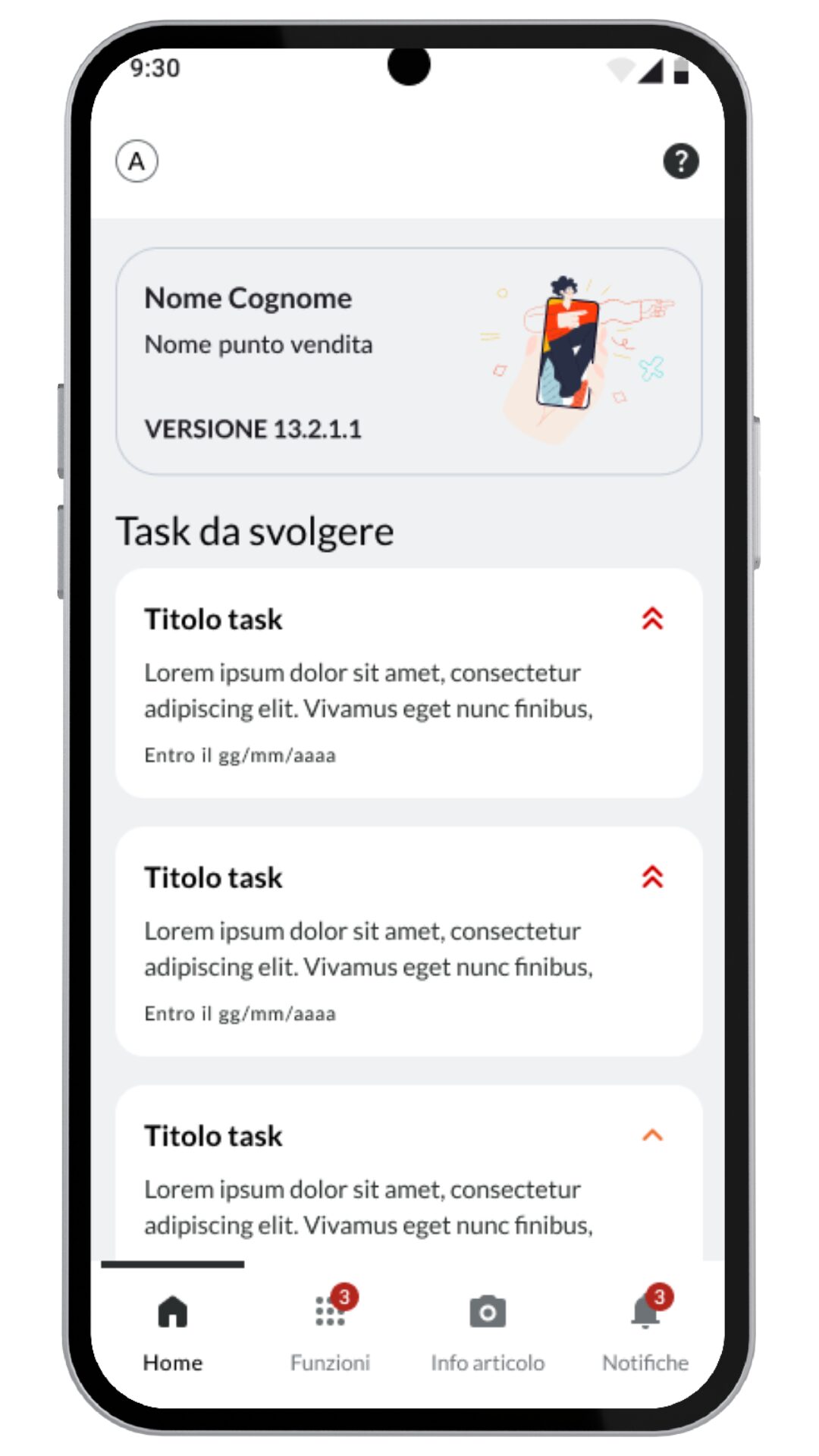In recent years, I have had the opportunity to interact with numerous companies that, due to the complexity of their operations, have opted for the development of in-house software. This choice was driven by the need to manage a wide range of specific processes that could not be adequately supported by ready-made external solutions.
However, with the advancement of technology and the evolution of integration practices, we are witnessing a significant shift in this trend.
Companies are faced with some crucial questions:
These are challenges we can tackle together with companies to help them not only increase their operational efficiency and support their growth, but also reduce their environmental impact and improve the quality of life of their employees, enabling them to work well together.
This means being able to share information quickly and break down information silos within companies, especially when it comes to stores.
This is why one of the key topics we address when meeting companies, especially in the retail world, is task management – a need that is becoming increasingly common in the business landscape. Based precisely on user needs and market experiences, we have developed a feature integrated into our store management platform, accessible via mobile and web.
 The task manager is now a fundamental tool for companies to communicate their strategy and coordinate activities across stores. Every business has its own specific needs, which may include:
The task manager is now a fundamental tool for companies to communicate their strategy and coordinate activities across stores. Every business has its own specific needs, which may include:
I will stop here, as there are indeed countless examples. The challenge lies in integrating these customised features into a standard application.
Here are the key components of our solution:
This approach enables us to involve all stakeholders, including store operators, suppliers, head office staff and external inspection companies. Our goal is to provide operators with a practical tool, similar to a diary, allowing them to manage tasks efficiently, either through automatic assignment or by receiving them from colleagues, other departments or head office, and to track their progress.
This translates into several benefits that help measure an organisation’s health index:
In the next article, we will explore another essential tool for collaboration between companies, suppliers and stores: ticket management. Stay tuned!